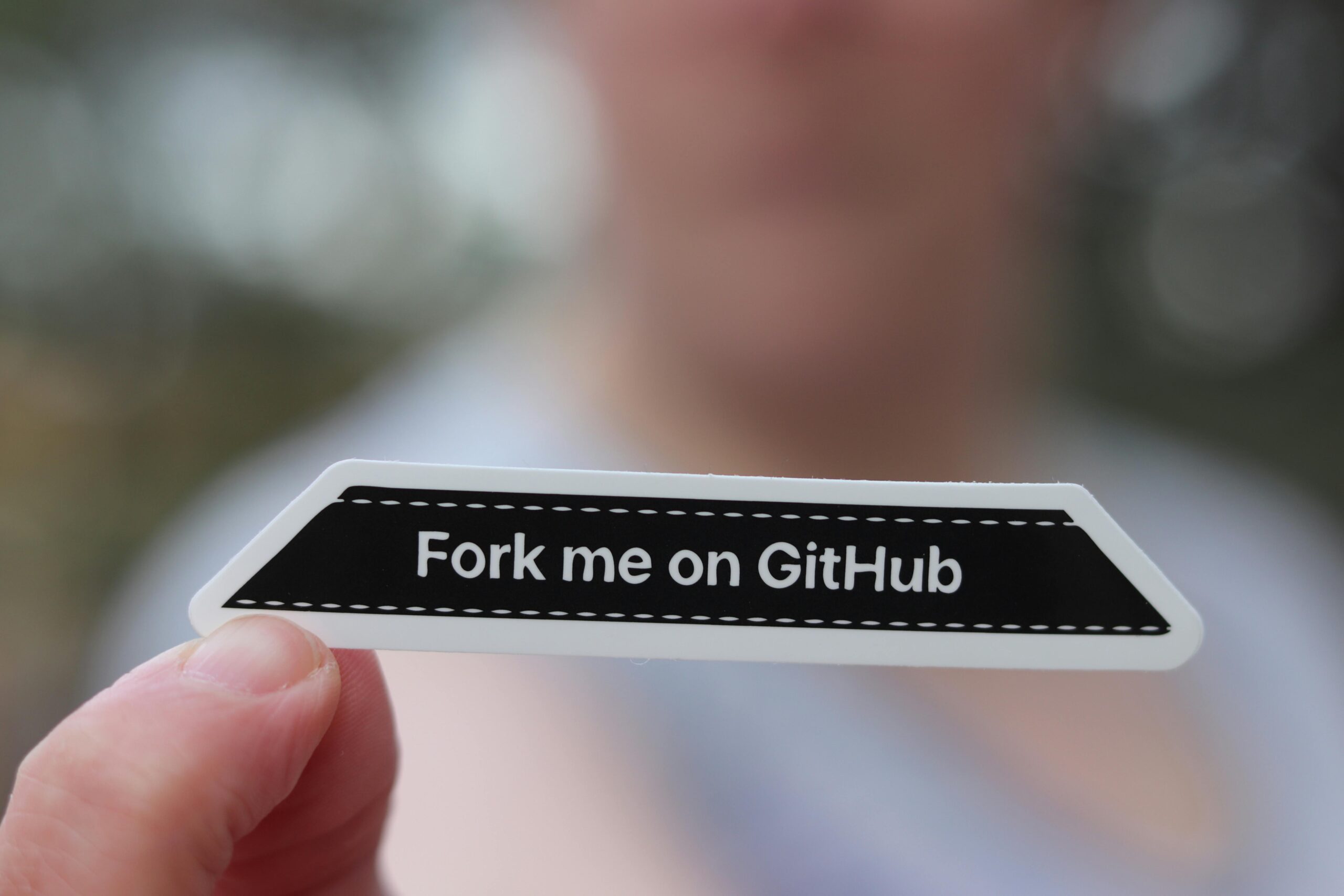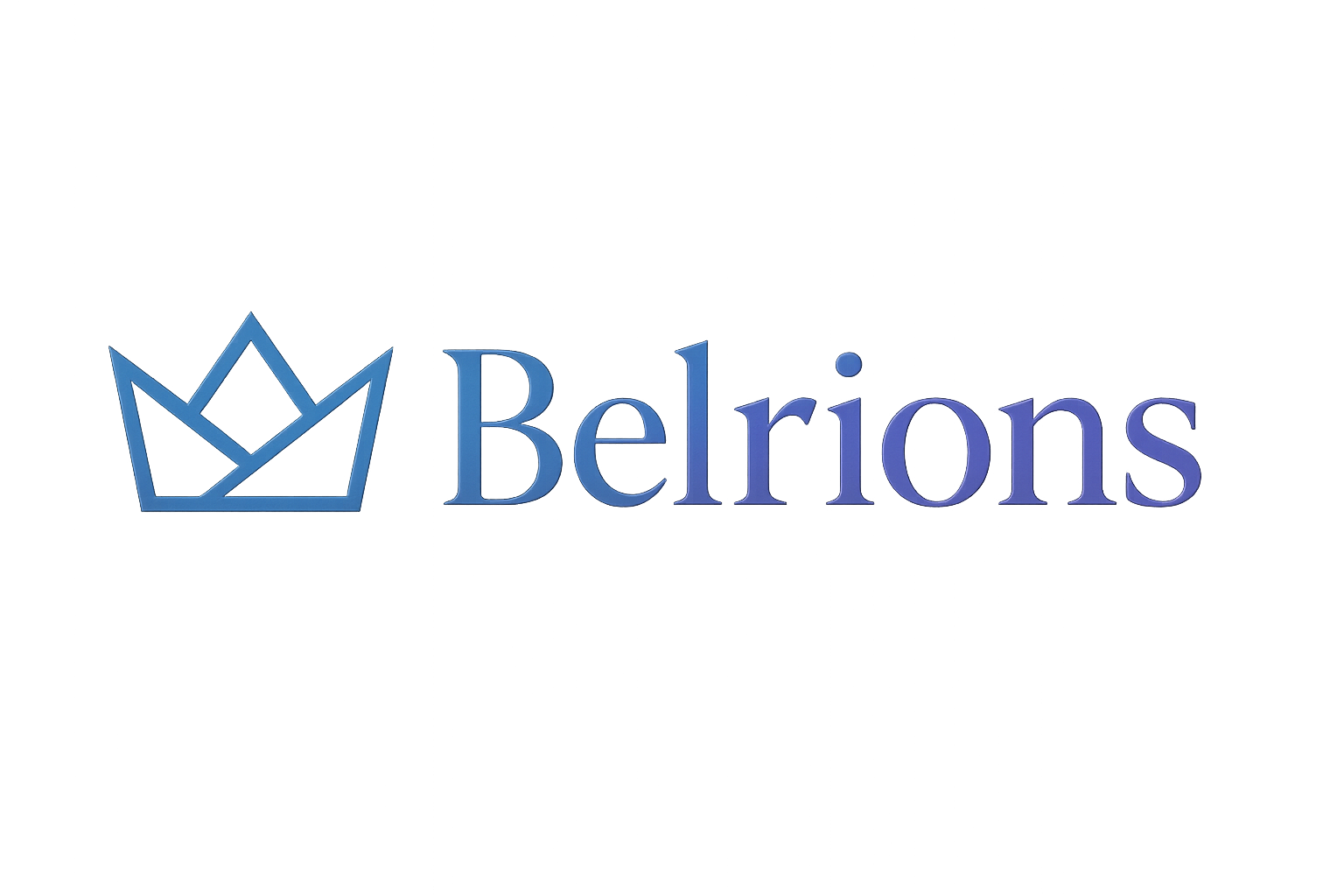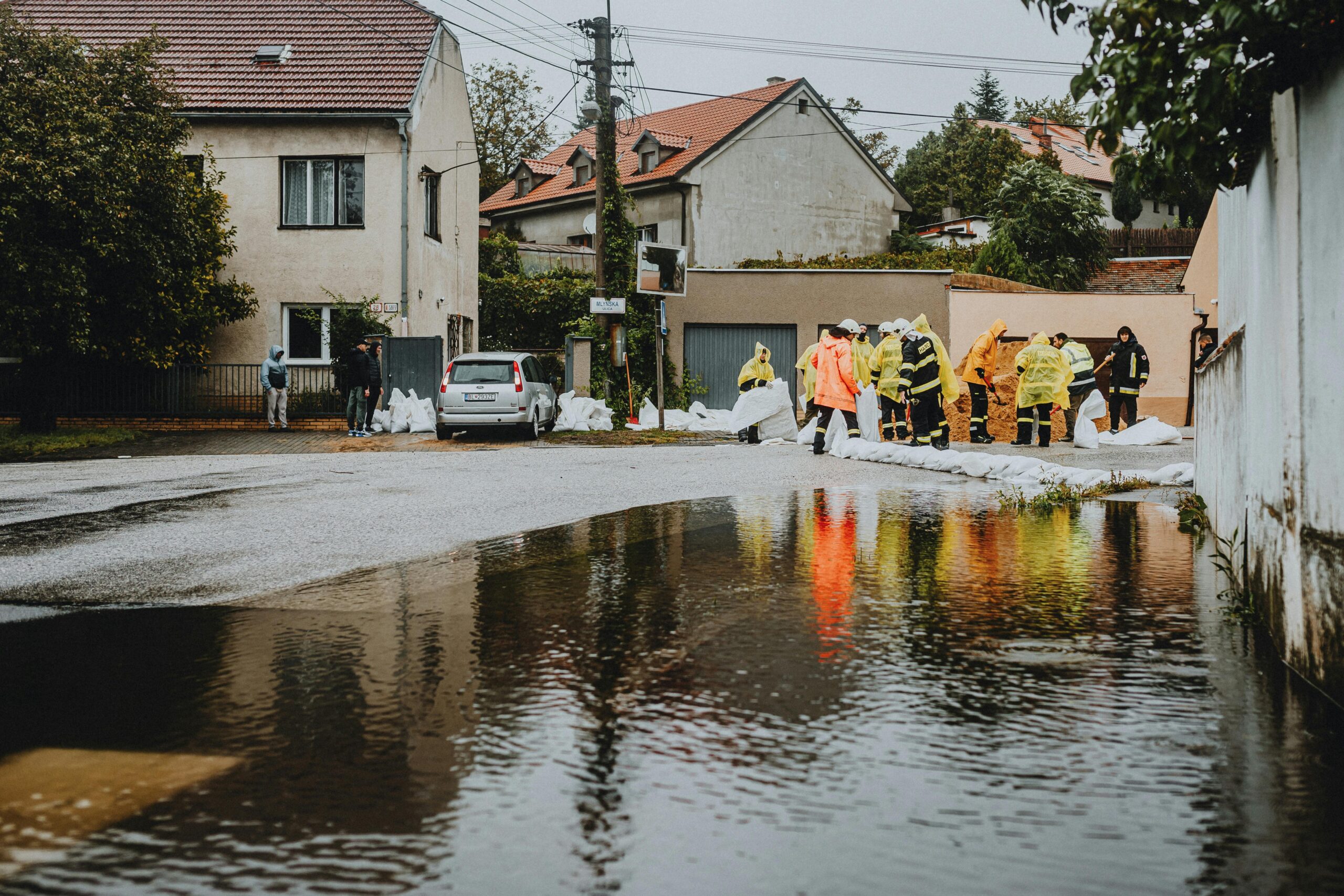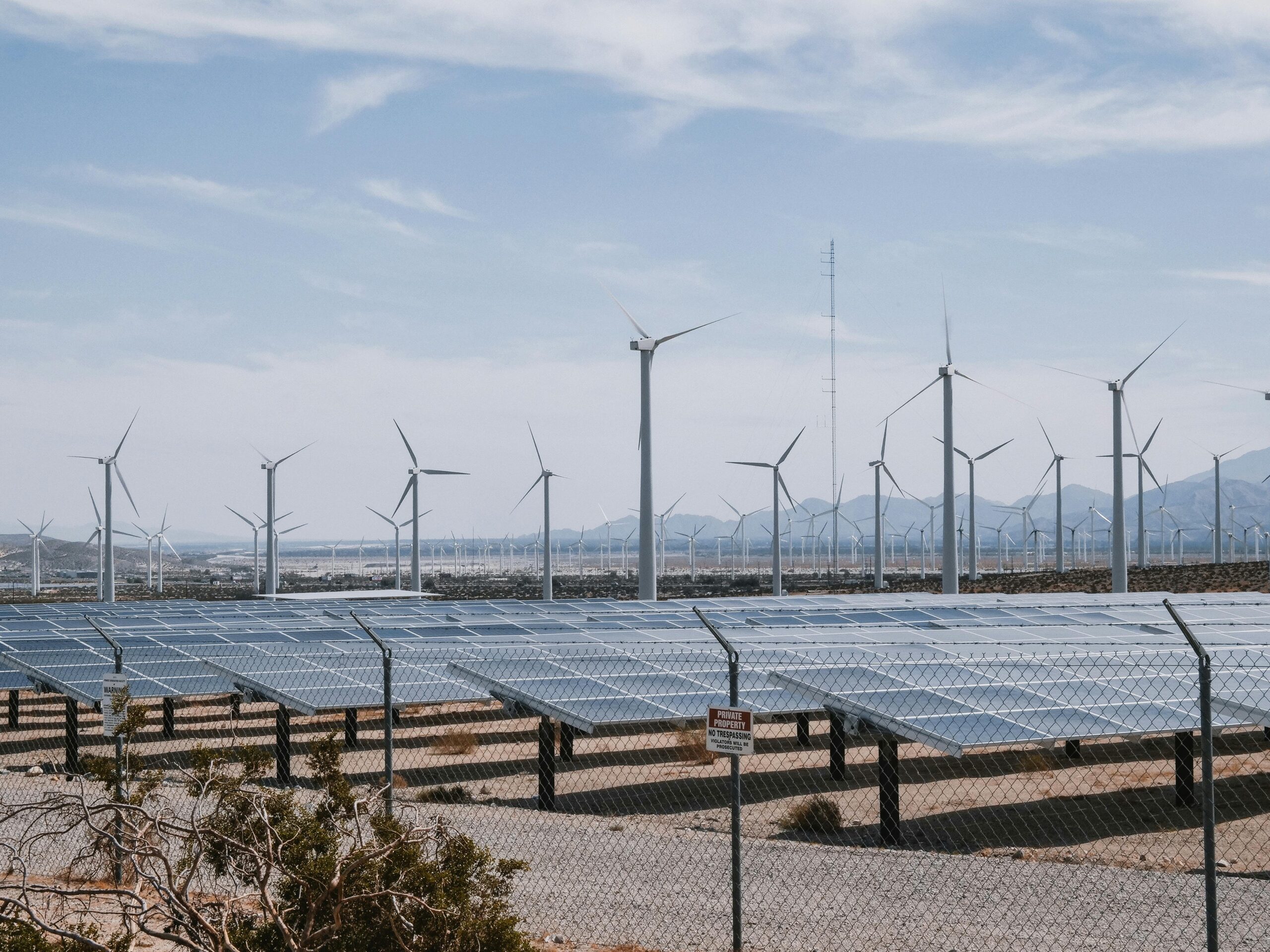The digital revolution has transformed how humanity creates, shares, and consumes knowledge. Open-source datasets and international collaboration are now fundamental pillars driving unprecedented innovation.
In an era where data is often called the new oil, the democratization of information through open-source initiatives has become a catalyst for scientific breakthroughs, technological advancements, and societal progress. This movement toward transparency and collective intelligence is reshaping industries, accelerating research, and breaking down barriers that once restricted knowledge to privileged institutions and corporations.
🌍 The Open-Source Revolution: A Paradigm Shift in Knowledge Creation
Open-source datasets represent more than just freely available information—they embody a philosophical shift toward collaborative knowledge building. Unlike proprietary data locked behind paywalls or corporate vaults, open-source resources enable researchers, developers, and innovators worldwide to access, analyze, and build upon existing work without artificial constraints.
This democratization has profound implications. A researcher in Nairobi can now access the same climate data as a scientist at MIT. A startup in Bangalore can leverage machine learning datasets that were previously exclusive to Silicon Valley giants. This leveling of the playing field has unleashed creativity and innovation from unexpected corners of the globe.
The open-source movement gained momentum with software projects like Linux and Apache, but has since expanded exponentially into data science, genomics, climate research, artificial intelligence, and countless other domains. Organizations like Kaggle, GitHub, and the Open Data Institute have become central hubs where millions of datasets are shared, refined, and reimagined.
Breaking Down Traditional Knowledge Barriers 🚧
Historically, knowledge sharing was constrained by geographic, economic, and institutional barriers. Academic journals charged exorbitant fees, research data remained sequestered in university servers, and corporate research and development operated in strict secrecy. These silos hindered progress and created redundancies where multiple teams unknowingly worked on identical problems.
Open-source datasets and collaborative platforms have systematically dismantled these barriers. Scientists can now publish preprints on arXiv before formal peer review, allowing global feedback and rapid iteration. Government agencies increasingly release public data, enabling citizens and entrepreneurs to develop innovative solutions to civic challenges.
The COVID-19 pandemic dramatically illustrated the power of open collaboration. Within weeks of identifying the virus, Chinese researchers shared the genetic sequence openly, enabling laboratories worldwide to begin developing diagnostic tests and vaccines simultaneously. This unprecedented level of cooperation compressed what might have taken years into months.
The Economic Impact of Open Knowledge
The economic benefits of open-source data are substantial and measurable. According to various studies, open data initiatives generate billions in economic value annually through improved efficiency, new business creation, and enhanced government services. Startups built on open datasets have disrupted traditional industries, from transportation to healthcare.
Companies like OpenAI, while balancing commercial interests with openness, have demonstrated that sharing foundational research can accelerate industry-wide progress while still maintaining competitive advantages through implementation and refinement. This hybrid model suggests that openness and profitability need not be mutually exclusive.
🤝 Global Collaborations: Collective Intelligence at Scale
Modern challenges—climate change, pandemic response, sustainable development—are inherently global and require coordinated international efforts. Open-source datasets provide the common ground upon which these collaborations are built, enabling diverse teams to work toward shared objectives despite physical distance.
Platforms enabling global collaboration have evolved significantly. GitHub hosts millions of collaborative projects where developers from dozens of countries contribute code simultaneously. Zooniverse enables citizen scientists to participate in astronomical research, wildlife conservation, and historical preservation by analyzing shared datasets.
These collaborations transcend traditional institutional boundaries. A climate model might incorporate contributions from university researchers, government meteorologists, independent data scientists, and concerned citizens—each bringing unique perspectives and expertise that strengthen the final product.
Cross-Cultural Innovation and Diverse Perspectives
Global collaboration introduces cognitive diversity that enhances problem-solving capabilities. Researchers from different cultural backgrounds approach problems with distinct methodologies, assumptions, and creative frameworks. When these perspectives converge around open datasets, the resulting innovations often surpass what homogeneous teams could achieve.
Language barriers, once significant obstacles, have diminished through improved translation technologies and the emergence of English as a lingua franca in scientific communication. However, truly inclusive collaboration requires continued efforts to make knowledge accessible in multiple languages and formats appropriate to different educational contexts.
📊 Transformative Applications Across Industries
The impact of open-source datasets and collaborative knowledge sharing extends across virtually every sector of human activity. Understanding specific applications illuminates the practical benefits of this movement.
Healthcare and Medical Research
Medical research has been revolutionized by open genomic databases, clinical trial data sharing, and collaborative disease registries. The Human Genome Project, completed through international cooperation, laid groundwork for personalized medicine. Today, researchers share genetic data through databases like GenBank, accelerating discoveries about disease mechanisms and potential treatments.
Open medical imaging datasets have propelled artificial intelligence applications in radiology, enabling algorithms to detect cancers, fractures, and abnormalities with increasing accuracy. These datasets, contributed by hospitals worldwide, represent diverse populations and imaging equipment, improving diagnostic tools’ generalizability.
Environmental Science and Climate Action
Climate scientists rely extensively on openly shared satellite data, atmospheric measurements, and oceanographic observations. NASA, ESA, and other space agencies provide petabytes of Earth observation data freely, enabling researchers globally to study deforestation, glacier retreat, sea-level rise, and ecosystem changes.
Citizen science projects like eBird collect millions of bird observations annually from amateur naturalists worldwide, creating datasets that inform conservation strategies and reveal migration pattern shifts related to climate change. This crowdsourced approach achieves data collection scale impossible through traditional research funding.
Artificial Intelligence and Machine Learning
The explosive growth in AI capabilities owes much to open datasets like ImageNet, COCO, and Common Crawl. These massive collections of labeled images, text, and multimedia content enable researchers and companies to train sophisticated neural networks without individually collecting and labeling millions of examples.
Competitive platforms like Kaggle host machine learning competitions using open datasets, where thousands of data scientists worldwide develop algorithms to solve specific challenges. Winning solutions are often published openly, creating a virtuous cycle of knowledge accumulation and refinement.
🔧 Infrastructure Enabling the Open Knowledge Ecosystem
The technical infrastructure supporting open-source knowledge sharing has become increasingly sophisticated. Cloud computing platforms provide affordable storage and computational resources, enabling researchers without supercomputers to analyze massive datasets.
Version control systems like Git enable teams to collaborate on datasets and code with precise tracking of contributions and changes. Data repositories with persistent identifiers ensure that research can be reproduced and validated—addressing the replication crisis affecting some scientific fields.
Standardization efforts have improved data interoperability. Formats like CSV, JSON, and HDF5 enable datasets created in different contexts to be easily combined and analyzed. Metadata standards help researchers discover relevant datasets among millions of available options.
Ensuring Data Quality and Trust
Open access alone doesn’t guarantee quality. The ecosystem has developed mechanisms to ensure reliability, including peer review of datasets, community validation, and reputation systems that highlight trustworthy contributors. Documentation standards require dataset creators to describe collection methodologies, potential biases, and appropriate use cases.
Blockchain technologies are being explored to create immutable records of data provenance, addressing concerns about manipulation or misrepresentation. These trust mechanisms are essential as critical decisions increasingly depend on openly available data.
⚖️ Navigating Legal and Ethical Considerations
The open knowledge movement operates within complex legal and ethical landscapes. Licensing frameworks like Creative Commons and Open Database License provide standardized terms for sharing while protecting creator rights and clarifying permissible uses.
Privacy concerns require careful balance. While openness benefits society, individual privacy must be protected. Techniques like differential privacy and data anonymization enable valuable datasets to be shared while minimizing re-identification risks. The tension between transparency and privacy remains an ongoing challenge requiring thoughtful governance.
Indigenous knowledge and biopiracy concerns highlight that not all knowledge should be freely accessible without context. Some communities argue that traditional knowledge, genetic resources, and cultural information require protection from exploitation. Ethical open-source practices must respect these concerns while maximizing beneficial sharing.
💡 Future Trajectories: Where Open Collaboration Is Heading
The momentum behind open-source knowledge sharing shows no signs of slowing. Several trends suggest how this ecosystem will evolve in coming years.
Federated Learning and Privacy-Preserving Collaboration
Emerging technologies enable collaborative model training without centralizing sensitive data. Federated learning allows algorithms to learn from distributed datasets while keeping raw data localized, addressing privacy concerns while maintaining collaborative benefits. This approach could unlock valuable healthcare and financial datasets currently too sensitive to share openly.
Automated Science and AI-Driven Discovery
As datasets grow larger and more complex, artificial intelligence increasingly drives discovery. Automated systems can identify patterns and generate hypotheses faster than human researchers. Open datasets fuel these AI scientists, while open publication of AI-generated insights enables human experts to validate and contextualize findings.
Decentralized Knowledge Networks
Blockchain and decentralized technologies may reshape how knowledge is validated and rewarded. Decentralized autonomous organizations could govern shared datasets, with token economies incentivizing quality contributions. These systems might offer alternatives to traditional academic publishing and corporate research models.
🎯 Maximizing Your Impact in the Open Knowledge Ecosystem
Whether you’re a researcher, developer, student, or curious citizen, numerous pathways exist to participate in and benefit from open-source knowledge sharing.
Begin by exploring existing datasets relevant to your interests. Platforms like Google Dataset Search, Kaggle, and government open data portals offer starting points. Experiment with analyses, create visualizations, or develop applications that transform raw data into actionable insights.
Consider contributing your own data or knowledge. Document personal projects thoroughly and share them via GitHub or specialized repositories. Even small contributions—correcting errors in datasets, improving documentation, or adding examples—strengthen the ecosystem.
Participate in collaborative projects aligned with your skills. Citizen science platforms need volunteers for data classification tasks. Open-source software projects welcome code contributions, bug reports, and user experience feedback. These contributions build skills while advancing collective knowledge.

The Unstoppable Momentum of Collective Intelligence 🚀
Open-source datasets and global collaborations represent more than technological trends—they embody a fundamental reimagining of how humanity creates and shares knowledge. By dismantling barriers, democratizing access, and enabling unprecedented cooperation, this movement accelerates innovation and distributes its benefits more equitably.
Challenges remain, including ensuring data quality, protecting privacy, addressing digital divides, and creating sustainable funding models for open infrastructure. However, the demonstrable successes across scientific research, technological development, and social problem-solving provide compelling evidence that openness generates value exceeding what closed systems could achieve.
The future of knowledge sharing is collaborative, transparent, and global. As more individuals, institutions, and governments embrace open principles, the collective intelligence of humanity grows stronger. Each shared dataset, each collaborative project, and each openly published insight contributes to an expanding commons of knowledge that future generations will build upon.
In this interconnected world, innovation no longer emerges from isolated genius but from networks of contributors building on shared foundations. The researchers sharing climate data, the developers contributing code, the citizens classifying galaxies—each plays a role in humanity’s collective endeavor to understand our world and build a better future. This is the transformative power of open-source knowledge: not just information made freely available, but wisdom created collaboratively and shared generously for the benefit of all.
Toni Santos is a sustainability storyteller and environmental researcher devoted to exploring how data, culture, and design can help humanity reconnect with nature. Through a reflective approach, Toni studies the intersection between ecological innovation, collective awareness, and the narratives that shape our understanding of the planet. Fascinated by renewable systems, resilient cities, and the art of ecological balance, Toni’s journey bridges science and story — translating environmental transformation into insight and inspiration. His writing reveals how technology, policy, and creativity converge to build a greener and more conscious world. Blending environmental communication, data analysis, and cultural observation, Toni explores how societies adapt to change and how sustainable thinking can guide new models of coexistence between people and planet. His work is a tribute to: The harmony between data, design, and the natural world The creative power of sustainability and innovation The responsibility to rebuild our relationship with the Earth Whether you are passionate about climate innovation, sustainable design, or the science of regeneration, Toni invites you to imagine — and help create — a world where progress and nature thrive together.



